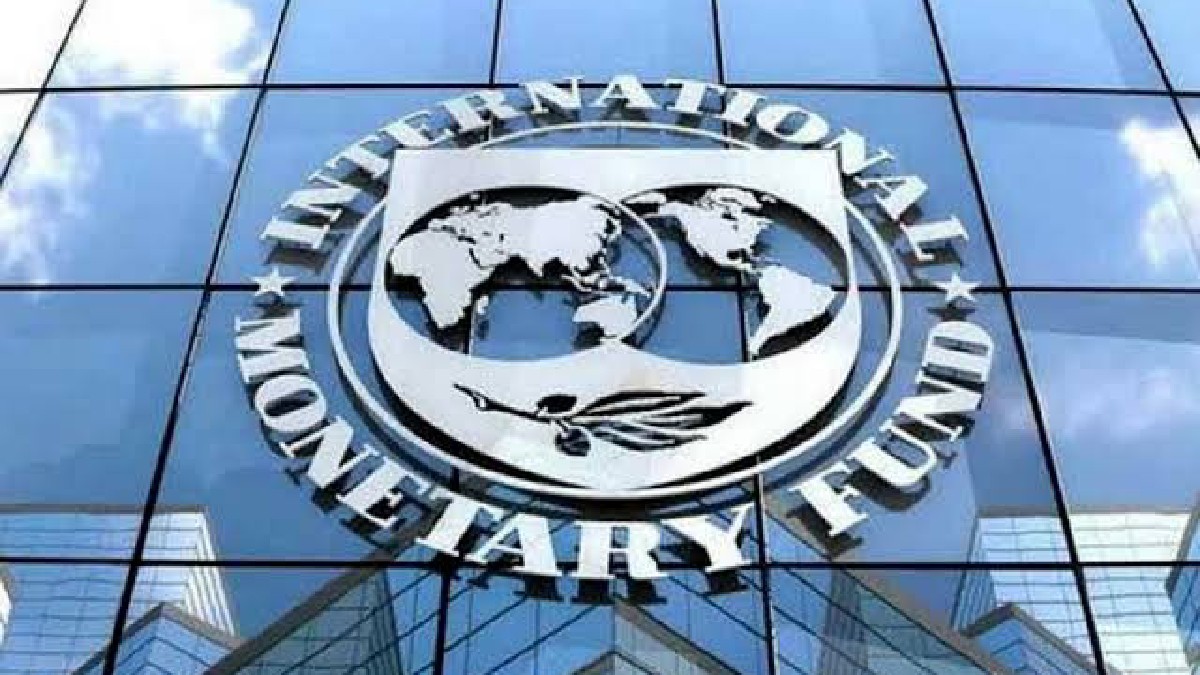Business
IMF to FG “End fuel and Electricity Subsidy”

According to the International Monetary Fund, the Nigerian government should phase out fuel and electricity subsidies early next year and implement revenue-based fiscal consolidation.
The IMF stated at the end of its 2021 Article IV Mission that the country’s “fiscal outlook faces significant risks” due to the emergence of fuel subsidies and slow progress on revenue mobilization.
It claimed that the government’s continued reliance on administrative measures to address persistent foreign exchange shortages was undermining confidence.
See Also Africa should be allowed to produce Covid vaccines – President Macron
According to the Washington-based fund, unless urgent fiscal and exchange rate reforms are implemented, the medium-term outlook will be subpar.
It emphasized the need for major fiscal, exchange rate, trade, and governance reforms to change what it called the “long-running lackluster growth path.”
The IMF said the implementation of cost-reflective electricity tariffs as of January 2022 should not be delayed.It said, “Well-targeted social assistance will be needed to cushion any negative impacts on the poor, particularly in light of still elevated inflation.
The IMF said that the headline fiscal deficit will worsen in the short term and remain high in the medium term.
See Also Fuel and Cash Scarcity Bites in Imo as Some Banks Are Closed
“Nigeria’s past experiences with fuel subsidy removal, which have all been short-lived and reversed, underscore the importance of building a consensus and improving public trust regarding the protection of the poor and efficient and transparent use of the saved resources.”
It said, “Despite much higher oil prices, the general government fiscal deficit is projected to widen in 2021 to 6.3 per cent of GDP, reflecting implicit fuel subsidies and higher security spending, and remain at that level in 2022.“There are significant downside risks to the near-term fiscal outlook from the ongoing pandemic, weak security situation and spending pressures associated with the electoral cycle.”The fund said over the medium term, without bold revenue mobilisation efforts, fiscal deficits could stay elevated above the pre-pandemic levels with public debt increasing to 43 per cent in 2026.



